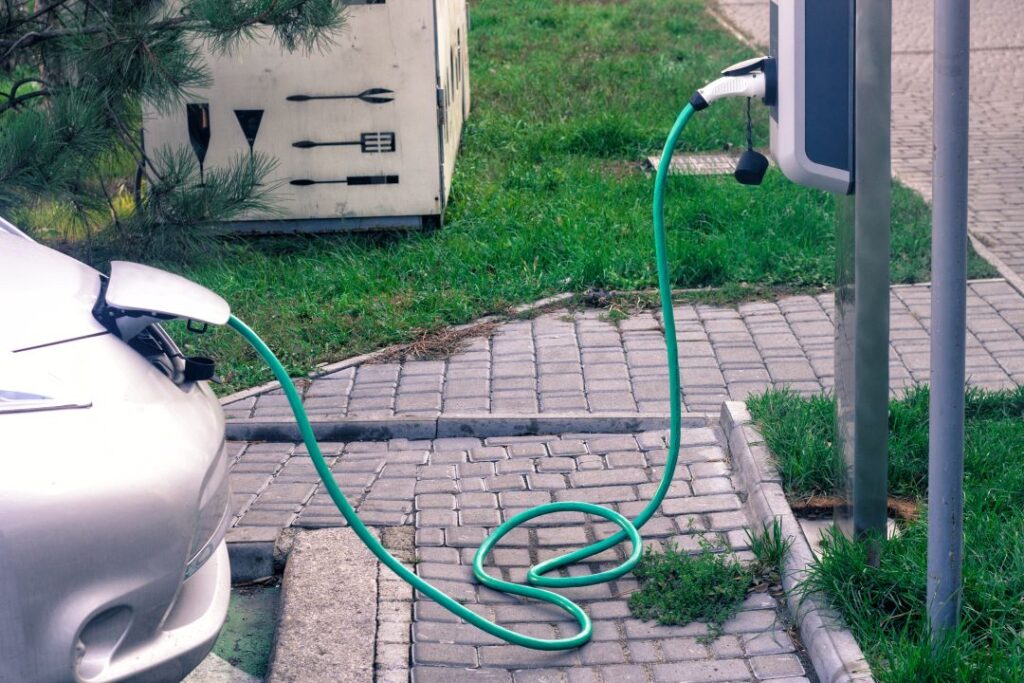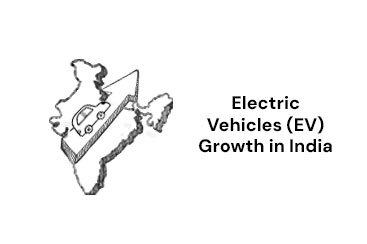Table of Contents
The Government’s Role in Promoting Electric Vehicle Growth in India
India’s electric vehicle (EV) growth has gained significant momentum recently. The Indian government, along with various industry stakeholders, has been taking several measures to promote the adoption of electric vehicles.
FAME Scheme: Driving Electric Mobility
The Government of India has introduced several initiatives and policies to encourage the adoption of electric vehicles. The Faster Adoption and Manufacturing of Hybrid and Electric Vehicles (FAME) scheme was launched in 2015 to provide incentives for purchasing electric and hybrid vehicles. The scheme has been expanded to promote electric mobility across various vehicle segments.
Incentives and Charging Infrastructure
Under the FAME scheme, the government offers financial incentives to buyers of electric vehicles, including upfront purchase subsidies for both two-wheelers and four-wheelers, as well as subsidies for electric buses and charging infrastructure. Additionally, some state governments provide additional incentives such as exemption from road tax, registration fees, and lower electricity tariffs for EV charging.
Charging Infrastructure Expansion
Developing robust charging infrastructure is critical for the widespread adoption of electric vehicles. In recent years, significant efforts have been made to expand the charging network in India. Public charging stations are installed in cities, highways, and various public spaces. Private companies and startups are also investing in setting up charging infrastructure nationwide.

Promoting Domestic Manufacturing
The Indian government has been promoting domestic manufacturing of electric vehicles and their components through various incentives and policies. This includes tax incentives, subsidies, and measures to encourage the localization of EV production, such as reduced import duties on EV components. These efforts aim to boost the local EV industry, create jobs, and reduce import dependence.
Diverse Adoption Across Vehicle Segments
Electric vehicle adoption is not limited to a specific vehicle segment in India. While two-wheelers and three-wheelers have seen the highest adoption rates, there has also been a growing interest in electric cars. Several automakers have launched electric car models in the Indian market, and the government has set a target for electric cars to constitute a significant portion of new vehicle sales by 2030.
Electrifying Public Transportation
India has also been focusing on electrifying public transportation. Electric buses have been introduced in various cities, and plans are to expand the electric bus fleet further. Electric rickshaws and taxis are becoming increasingly popular, particularly in urban areas, contributing to reducing emissions and improving air quality.
Future Outlook and Challenges
The growth of electric vehicles in India is expected to accelerate. The government has set ambitious targets, aiming for a significant share of electric vehicles in new vehicle sales by 2030. Various domestic and international automakers are investing in the Indian market, introducing new electric vehicle models and expanding their production capacities.
While electric vehicle adoption in India has been growing, some challenges need to be addressed, such as the high upfront cost of EVs, limited charging infrastructure in certain areas, and consumer concerns about range anxiety. However, with the government’s continued support, increasing awareness, falling battery costs, and growing environmental consciousness, the future of electric vehicles in India appears promising.
Safe Battery Disposal with Renovar AI
Safe disposal of used or spent batteries from an electric vehicle poses challenges. At Renovar AI, we buy back your used batteries at a fair price and recycle used batteries using advanced technologies to safeguard our environment.
You can contact us here if you own an electric vehicle and want to dispose of your used battery safely. We provide a fair price for your batteries and safely recycle/dispose of them in our advanced recycling plants.
FAQ
How does the FAME scheme promote electric vehicle adoption?
The FAME scheme provides financial incentives, including purchase subsidies and infrastructure support, to encourage the adoption of electric and hybrid vehicles in India.
What incentives do buyers receive under the FAME scheme?
Buyers receive upfront purchase subsidies for two-wheelers and four-wheelers, as well as incentives for electric buses and charging infrastructure.
How is the Indian government promoting domestic manufacturing of electric vehicles?
The government provides incentives, subsidies, and measures like reduced import duties to encourage the localization of electric vehicle production in India.
What vehicle segments are witnessing high electric vehicle adoption in India?
While two-wheelers and three-wheelers have high adoption rates, there is a growing interest in electric cars, with the government aiming for a significant market share by 2030.
How does Renovar AI contribute to safe battery disposal for electric vehicles?
Renovar AI buys back used batteries at a fair price and employs advanced recycling technologies to ensure the safe & environmentally friendly disposal of electric vehicle batteries.


